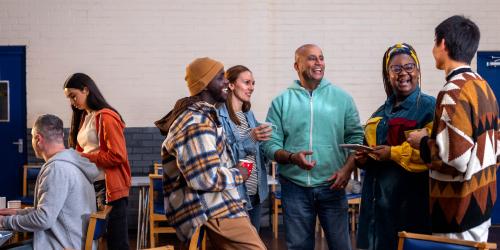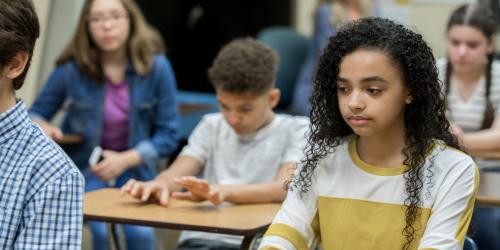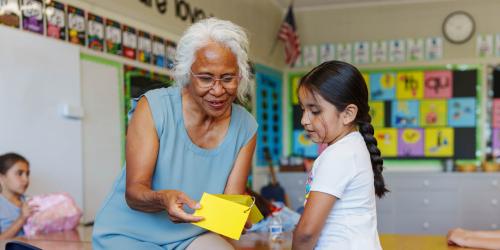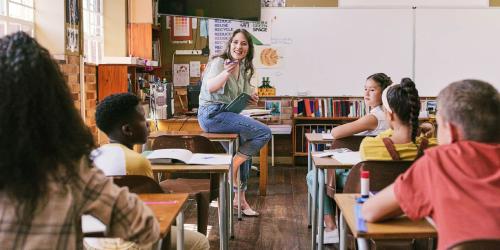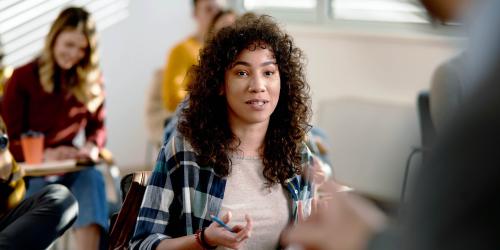In our region—Alaska, Idaho, Oregon, Montana, and Washington—young people between the ages of 13 and 17 are more than twice as likely to be foreign-born immigrants than children from birth to the age of 12.
Collective impact initiatives thrive on meaty problems—problems worth the attention, energy, and resources of the community that cannot be solved by the efforts of single organizations or sectors.
Collective impact involves bringing together a wide range of partners—schools, community-based organizations, government, businesses, foundations, and individuals—to address a critical community issue.
Students of color held out of class at a high rate even as overall suspensions are decreasing but also that as schools reduced suspensions, rates of unsafe behavior decreased and students reported feeling safer.
Schools alone can’t do everything when it comes to reaching out to underserved students and empowering them to succeed. Collective impact initiatives that focus on student success bring everyone together to align their efforts to better serve youth.
Collective impact has emerged as a popular model in the Northwest, and nationally, for addressing long-standing challenges in reaching community-level educational goals and achieving of success for children and families.
Collective impact initiatives have data at the core of their efforts to improve communities, but when partners don’t collect or have access to the same data, it’s a challenge that calls for creative solutions.
Shirley Araiza's blog post originated as a speech given to education leaders at the Oregon Leadership Network Spring Leadership Institute in Salem, Oregon.
In 2013, the Oregon Legislature made substantial changes to state school discipline statutes that guide the policies of the state’s 196 districts
This paper looks at reading performance and the achievement gaps between Native Hawaiian students and their white peers with an eye toward informing policy.
I recently had the privilege of assisting the Center on Education Policy at George Washington University with a study of expanded learning time, which included an exploration of this practice in Oregon.
For many Americans, high tuition costs are a primary barrier to attending college and earning a postsecondary credential.
Looking at the assets (rather than the deficits) of English learners is a way of reframing the conversation.
Our schools exist because of our students. As educators we have the awesome responsibility and unique opportunity to reach, teach and prepare our students for tomorrow.
In the classroom, the ability of students to provide explanations while talking to the teacher is an important skill.


